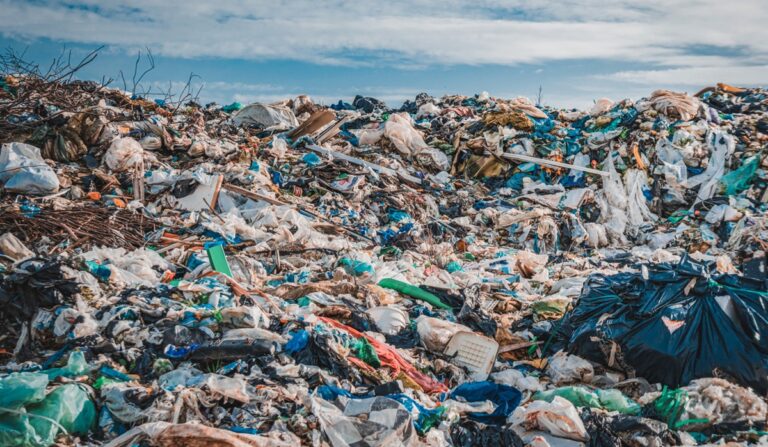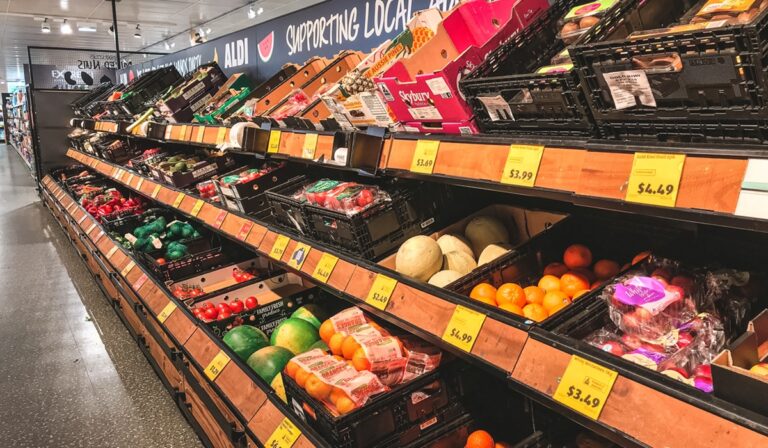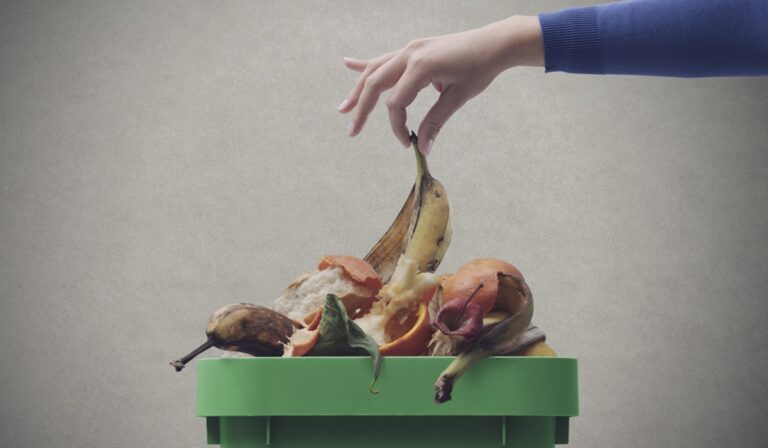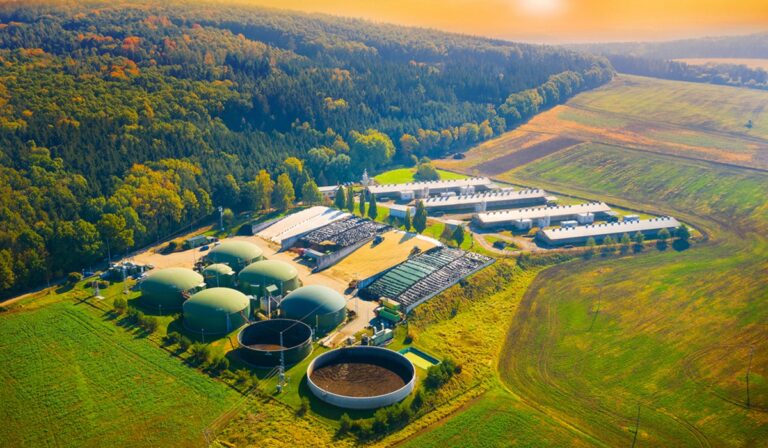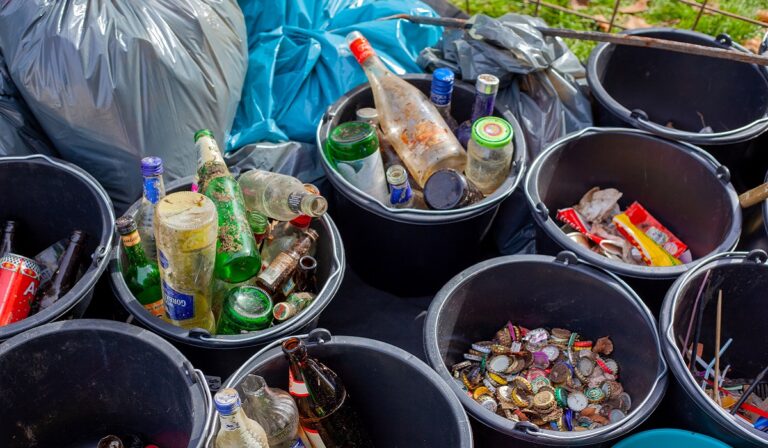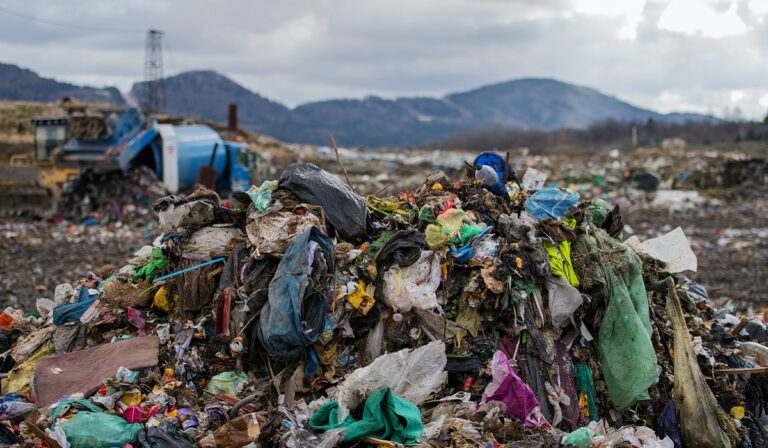Bangladesh implements strong measures to eliminate single-use plastic
Data shows Bangladesh generates around 87,000 tons of single-use plastics annually, of which 96% are directly discarded as garbage. Lack of awareness has led to the collection of plastic waste all over the cities, especially near rivers or lakes, where they mix with water and soil, affecting ecosystems and food chains. The new country’s new government has now decided to implement an existing, but unenforced 2001 law by banning all single-use plastics.
Bangladesh implements strong measures to eliminate single-use plastic Read more

